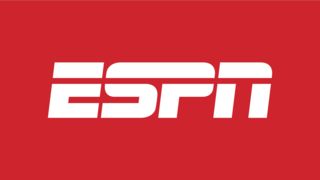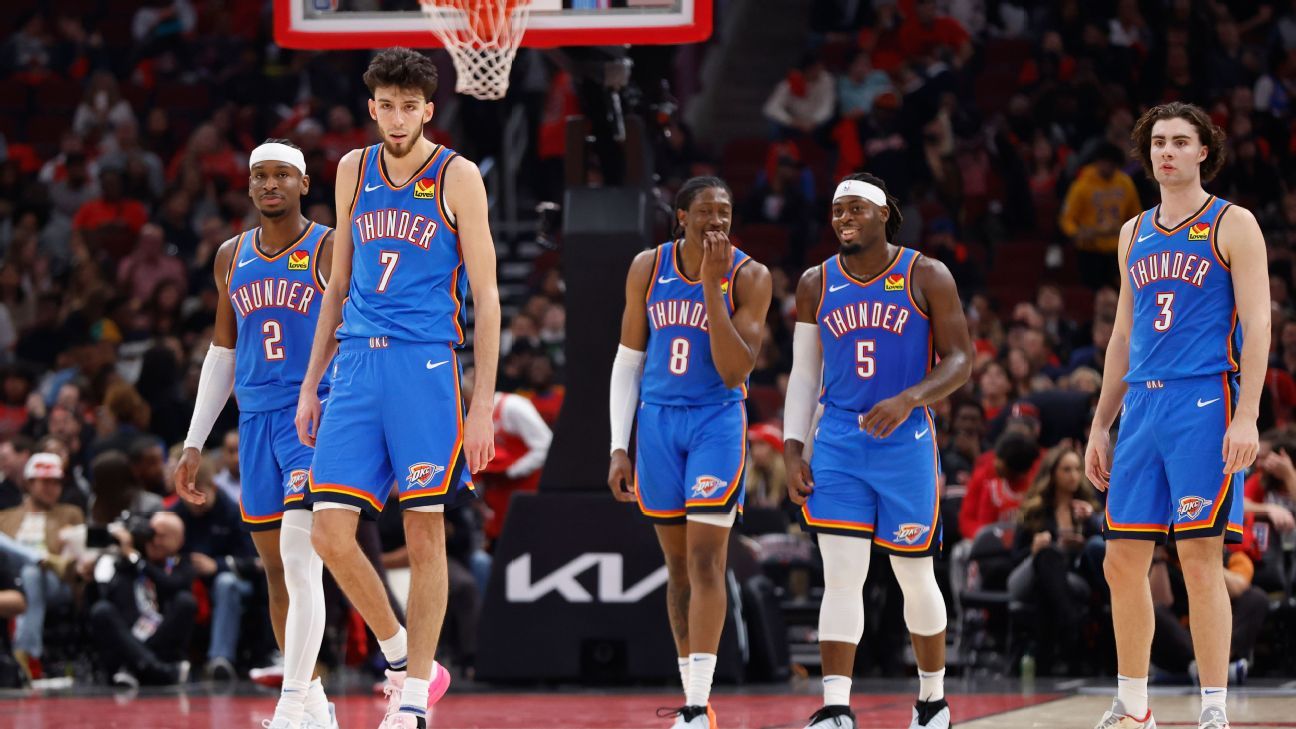6:54 AM ET

Andrew LopezESPN
What do Billy Joel, Janet Jackson, Chris Stapleton and the WWE have in common? They've all been affected by playoff scheduling in the NBA and NHL.
Once April hits, the two leagues, their teams and the network partners have to figure out and plan for two months of playoffs leading up to the NBA and the Stanley Cup finals.
"It's a big jigsaw puzzle," NBA senior vice president of broadcast scheduling Thomas Carelli told ESPN.
The final pieces of that puzzle involve working around two leagues' schedules, television and yes, sometimes moving concert dates.
Working around each other is nothing new for the NBA and NHL, as teams do it every season. The leagues share 10 arenas -- Los Angeles (Kings/Clippers/Lakers); Dallas (Stars/Mavericks); Denver (Avalanche/Nuggets); Detroit (Red Wings/Pistons); Washington D.C. (Capitals/Wizards); Toronto (Maple Leafs/Raptors); Chicago (Blackhawks/Bulls); Philadelphia (Flyers/Sixers); Boston (Bruins/Celtics); and New York (Rangers/Knicks).
This postseason, four of those arenas -- Crypto.com Arena (Los Angeles), Ball Arena (Denver), TD Garden (Boston) and Madison Square Garden (New York) -- shared first-round duties, though thanks to losses by the Kings, Avalanche, Bruins and Rangers, they're strictly NBA-only now.
Still, it takes teamwork to make sure the leagues can pull off their playoffs as seamlessly as possible. NHL senior EVP, chief content officer Steve Mayer told ESPN that it helps when the league shares network partners like the NBA and NHL do with ESPN and Turner Sports.
"So you've got incredible cooperation on the network side because they clearly understand the dilemma," Mayer said. "They can schedule accordingly based on the fact that they're controlling the schedule for both leagues.
"The two leagues work really well together in terms of understanding dates and openings. There's occasionally problems, but for the most part, there's quite a significant amount of flexibility."
Sometimes, that flexibility has to come from musical acts. This season, Joel had a concert at Madison Square Garden rescheduled for three days later because it conflicted with Game 3 of the Rangers' series against the New Jersey Devils, and Janet Jackson had a show moved back a day because of Game 6 between the Boston Celtics and Atlanta Hawks at State Farm Arena.
"In this period of time, an act is booked to be flexible," Mayer said. "Everybody knows what they're getting into. In the case of Billy Joel, for instance, there's multiple dates that the artist clearly understands could be moved in that period."
Mayer remembers a situation for the Vegas Golden Knights in which the NHL had to set up for a playoff game at T-Mobile Arena, then clear everything out for a P!nk concert the next day, only to set up everything again for a game the following evening.
In the Stanley Cup Final last season, concerts from Carin Leon and Stapleton at Ball Arena had to be moved to accommodate the series between the Colorado Avalanche and Tampa Bay Lightning.
Arenas like Crypto.com clear their dates and times, but it's the leagues that get together and decide how they're going to schedule events in the building. As a rule, arenas aren't supposed to book anything through the NBA or NHL postseasons. If there is an event -- a concert or something else -- booked in the arena during that time, the building has to inform the leagues well beforehand.
"It wasn't always like this," Gene Li, another of the NBA's scheduling czars, told ESPN. "... We've gotten to a place where the teams will all have contingency dates for their concerts. But before there were probably shows that had to be worked around. ... We are in a very good spot as a league to tell the teams that they basically have to have a new date for any concerts that they book through the first two rounds."
In 2009, one of the most bizarre scheduling conflicts occurred in Denver. The Nuggets were playing the Los Angeles Lakers in the Western Conference finals. Game 4 of that series was scheduled for May 25, a night in which the Pepsi Center was booked for WWE Monday Night Raw.
The NBA took precedence, forcing the WWE to move the event to a building it knew would be available that night: Staples Center in Los Angeles. But Vince McMahon didn't make the move quietly, as a public war of words with Nuggets owner Stan Kroenke ensued.
"They wanted to give us a Sunday night. And the name of the show is Monday Night Raw," McMahon said.
During the Raw from the then-Staples Center, McMahon confronted a fake Stan Kroenke in the ring. David Stern and Jack Nicholson lookalikes watched from the crowd as McMahon shoved "Stan Kroenke" to the ground.
To finish off the show, the WWE got Lakers public address announcer Lawrence Tanter to introduce wrestlers for a 5-on-5 match between faces (good guys) and heels (bad guys) with the faces wearing Lakers jerseys and the heels wearing Nuggets jerseys.
This year, Crypto.com had to deal with the Lakers, Clippers and Kings in the playoffs at the same time for the first time in 10 years -- and only the third time ever. It was a different challenge because all three were on the bottom side of their respective brackets.
That led to six games in five days for Crypto.com, including a Suns-Clippers/Grizzlies-Lakers doubleheader on April 22.
Crypto.com Arena is built for doubleheaders. The building has had as many as five sports tenants during its existence: The Kings, Lakers and Clippers, plus the WNBA's Los Angeles Sparks and the Arena League's Los Angeles Avengers, who folded in 2009.
It takes around two and a half hours for a crew of over 50 people to flip the arena between events on the same day, needing to get it done at least 90 minutes before the event so teams can use the facility. When they flip the arena after the last game of the night, it can take a crew of around 10 people close to eight hours.
In 23 years, Staples Center/Crypto.com Arena has had 251 doubleheaders. Arena officials try to avoid ones where hockey is the earlier game, especially in the playoffs, where multiple overtimes could jeopardize their ability to flip the building for the next event.
At Ball Arena, there's a team of 22 people who flip the arena between basketball and hockey. It takes them roughly four hours, according to the arena's director of conversion, Matt Mennona.
"Right now, I would say it's kind of like a well-oiled machine," Mennona said. "[Playoff games] are a lot easier for everybody to get up for because it's not like that in January, mid-January where you're like, oh man, we're going in again. But now this is the fun part, right? Everyone's excited to be here. Everybody has good attitudes. Let's get in, get this done and see if we can advance."
While the hectic schedule causes some issues, many involved are happy to keep it going because it means the home teams are winning -- and competing for titles.
"There's a lot of communication that goes on related to holds, and the building will traditionally hold most dates in April and May for most teams. Now, June hits, and I think they might take some risks and book some big events," Los Angeles Kings SVP of marketing, communications and content Michael Altieri told ESPN.
"If it comes to a point where we have to schedule a Stanley Cup or NBA Finals in June, that's a good problem to have."
ESPN NHL reporter Greg Wyshynski contributed to this story.
.png)
 1 year ago
8
1 year ago
8









 English (US) ·
English (US) ·